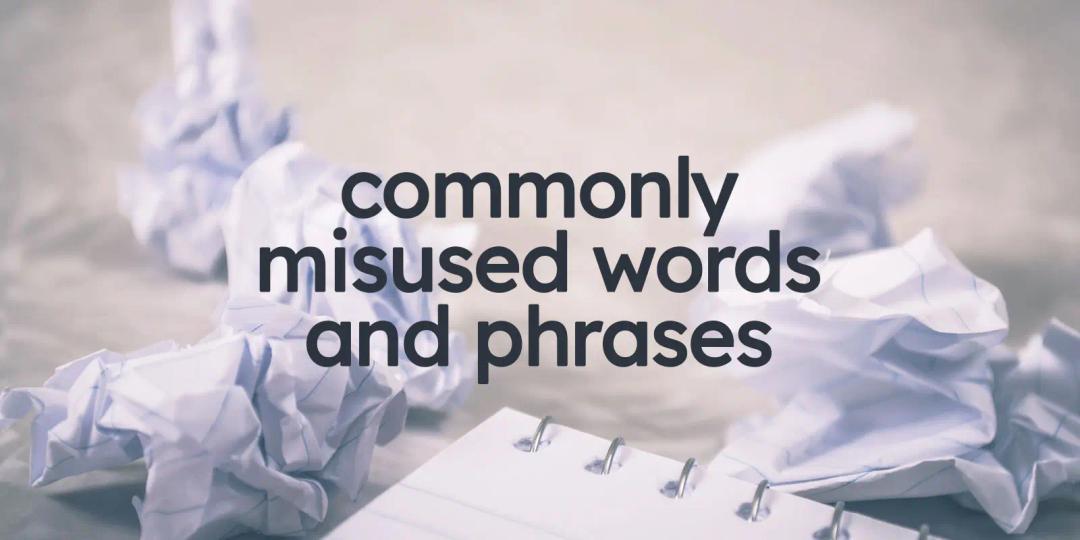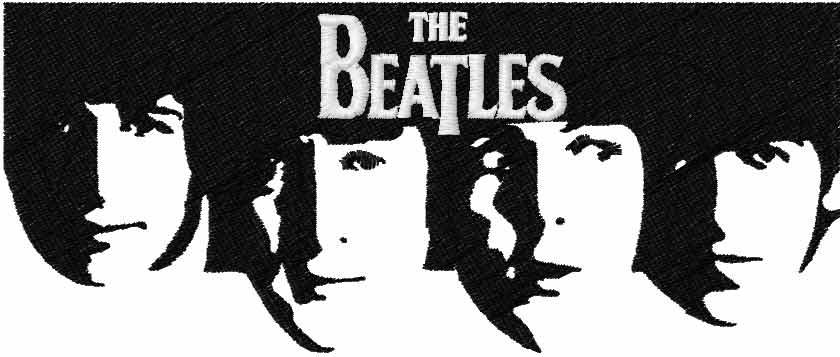In the vast and ever-evolving landscape of the English language, it's not uncommon to stumble upon phrases that are frequently misused or misunderstood. Even seasoned speakers can find themselves tangled in the intricacies of idiomatic expressions. This blog aims to shed light on some everyday English phrases that are often said incorrectly, offering clarity and guidance for more accurate usage.
- Blogs
- English Grammar
- Common English Phrases Right Vs Wrong 659bfd5d14e5bf000128eed5
Common English Phrases: Right vs. Wrong
English Grammar • 8 Jan, 2024 • 11,926 Views • ⭐ 3.0
Written by Shivani Chourasia

“For all intensive purposes” vs. “For all intents and purposes”

The phrase “for all intents and purposes” means in every practical sense. Its commonly misheard version, “for all intensive purposes,” although widespread, is incorrect. This phrase is a prime example of how easily spoken language can morph into new, unintended forms.
“One in the same” vs. “One and the same”

The correct expression is “one and the same,” denoting that two things are identical. “One in the same” is a phonetic misinterpretation, showing how easily our ears can deceive our understanding.
ENGLISH GRAMMAR QUIZ • 10 QUESTIONS • 2 MINS
We've got a English Grammar quiz for you!
TAP TO PLAY

“Nip it in the butt” vs. “Nip it in the bud”
:max_bytes(150000):strip_icc()/200290882-001-56a18eaf3df78cf7726bff8c.jpg)
“Nip it in the bud,” the correct phrase, refers to stopping something at an early stage before it develops further. The incorrect “nip it in the butt” is a humorous, if not slightly awkward, reinterpretation.
“I could care less” vs. “I couldn’t care less”
:max_bytes(150000):strip_icc()/startingcollege-58d177633df78c3c4ff303ba.jpg)
Saying “I couldn’t care less” properly indicates complete indifference. The widespread use of “I could care less” is technically a contradiction of the intended meaning, implying that the speaker does care to some degree.
“You’ve got another think coming” vs. “You’ve got another thing coming”

Both versions are used, but “you’ve got another think coming” is the original form, suggesting that someone needs to reconsider their position. The adaptation to “thing” is an interesting evolution in colloquial speech.
“Statue of limitations” vs. “Statute of limitations”

The legal term is “statute of limitations,” which refers to the laws that set the maximum time after an event within which legal proceedings may be initiated. “Statue of limitations” is a common mispronunciation, perhaps influenced by similar-sounding words.
“Deep-seeded” vs. “Deep-seated”

The correct phrase is “deep-seated,” meaning firmly established. “Deep-seeded” might intuitively seem correct, but it is a malapropism.
“Shoe-in” vs. “Shoo-in”

“Shoo-in” is the correct term, typically used to describe a person or thing that is certain to succeed. The mistaken “shoe-in” likely arises from a similar pronunciation.
“Escape goat” vs. “Scapegoat”

“Scapegoat” is the correct term, originating from a Biblical practice of transferring sins to a goat which was then sent into the wilderness. The phrase “escape goat” is an amusing, if inaccurate, variant.
“Wet your appetite” vs. “Whet your appetite”

The phrase “whet your appetite” is correct, with “whet” meaning to stimulate or sharpen. “Wet your appetite” is a phonetic confusion, albeit a common one.
“Baited breath” vs. “Bated breath”

The phrase is “bated breath,” stemming from the verb ‘abate’, meaning to lessen or restrain. “Baited breath” is a classic example of a mondegreen, where mishearing leads to a new, incorrect phrase.
“Tongue and cheek” vs. “Tongue in cheek”

The correct expression is “tongue in cheek,” used to describe a statement made in a humorous, ironic, or sardonic manner. “Tongue and cheek” is likely a misinterpretation due to the quick pronunciation of the original phrase.
“On tender hooks” vs. “On tenterhooks”

The correct term is “on tenterhooks,” indicating a state of anxious suspense. “On tender hooks” is a phonetically influenced error.
“Peaked my interest” vs. “Piqued my interest”

The expression is “piqued my interest,” where “piqued” means to arouse or provoke. The common misuse “peaked my interest” might seem logical but is incorrect.
“Free reign” vs. “Free rein”

“Free rein,” the correct phrase, comes from horseback riding and means to allow complete freedom. “Free reign” is a mistaken version, likely influenced by the concept of a monarch’s reign.
“Mute point” vs. “Moot point”

A “moot point” is a topic that is debatable or of no practical value. The incorrect “mute point” seems to suggest silence, but it does not convey the intended meaning of irrelevance.
“Make due” vs. “Make do”
“Make do” is the correct phrase, meaning to manage with the available resources. “Make due” is an understandable but mistaken version.
“Beckon call” vs. “Beck and call”

The phrase is “beck and call,” meaning to be at someone’s complete disposal. The variant “beckon call” is a misinterpretation, likely arising from the similarity in sound.
“To the manor born” vs. “To the manner born”

“To the manner born” is the original Shakespearean phrase, used to describe someone accustomed to a certain lifestyle from birth. “To the manor born” is an alteration, possibly influenced by the homophonic nature of ‘manner’ and ‘manor’.
“Hunger pains” vs. “Hunger pangs”

The correct term is “hunger pangs,” referring to the physical sensations of hunger. “Hunger pains” is a frequent misunderstanding, influenced perhaps by the physical discomfort described.
Conclusion
The intricacies of English idioms and phrases can be a minefield for even the most experienced speakers. This exploration into commonly misused expressions serves as a reminder of the dynamic and sometimes confusing nature of language. By shedding light on these common errors, the hope is to encourage more precise and effective communication. After all, in the world of words, precision is key, and understanding the nuances of language can be the difference between making a striking impression and a linguistic faux pas.
Test your General Knowledge! Visit:
https://4123.play.quizzop.com/general-knowledge-quiz/category
Rate this article
Other articles you may like
90s Console Wars: Gaming's Epic Saga
90s Nostalgia • 8 May, 2024 • 949 Views

Childhood Snacks that Every 90s Indian Kid Will Remember
90s Nostalgia • 8 May, 2024 • 896 Views

A Nostalgic Journey: Iconic American TV Shows of the '90s
90s Nostalgia • 8 May, 2024 • 1,077 Views

Iconic Indian TV Shows: Late 90s to Early 2000s
90s Nostalgia • 8 May, 2024 • 754 Views

DC vs RR Match Highlights: IPL 2024
IPL • 8 May, 2024 • 3,191 Views





